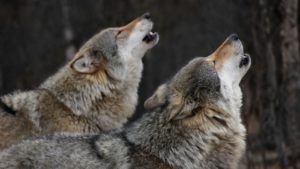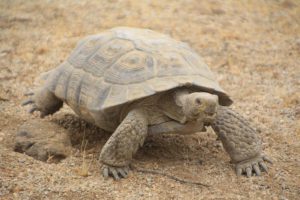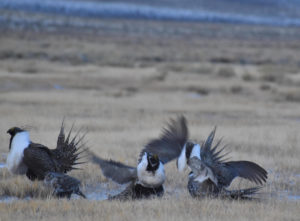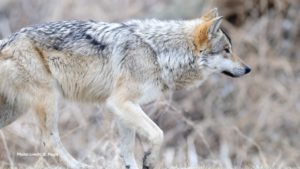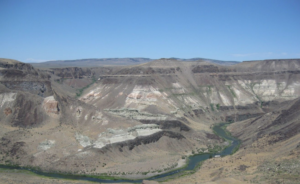Online Messenger #300
(view with pictures, as displayed in email)
Following Western Watersheds Project and allies’ recent notice to sue the Wildlife Services over its outdated environmental reviews, a new assessment of methods for trapping, poisoning, blasting, and baiting wild animals is being conducted. The official announcement is available online here and more detailed information can be found here.
You can tell Wildlife Services what you think they should consider doing by submitting scoping comments before January 14!
According to the agency, “Predator species involved in the majority of conflicts and damage in Idaho which will be addressed in the EA include badgers; black bears; black-billed magpies; bobcats; common ravens; coyotes; feral/free-ranging dogs and wolf-dog hybrids; grizzly bears; mountain lions; raccoons; red foxes; and striped skunks.”
Common methods for “Predator Damage Management” include such cruel practices as aerial shooting, luring and tracking wildlife using dogs, gassing animals in their dens, using collars and buried cartridges that spray poison, trapping and crushing animals with various types of body-gripping traps and snares, and using explosives to blow up beaver dams.
Please comment and tell Wildlife Services to stop the wanton killing of Idaho’s native wildlife and to use science to guide its decision-making process. Please tell Wildlife Services:
Consider the science. Modern science has shown time and again that simply removing predators from the landscape doesn’t work in the long-term, and may even increase livestock predation. Moreover, targeted rodents such as beavers are critical players in a functional ecosystem, and removing them causes a cascade of negative impacts that must be fully assessed and stopped.
Consider the cost. The livestock industry is already heavily subsidized. The value of wildlife, through recreation and tourism, far outweighs the value of public lands livestock grazing. Taxpayers should not have to pay for animal slaughter and the forthcoming analysis must present an honest cost/benefit assessment.
Consider the consequences. Many of the proposed methods involve the storage and transport of dangerous chemical killing agents, all of which could have dire consequences if used incorrectly or accidentally spilled. Additionally, “non-target” wildlife, pets and other recreational users of public lands are put at risk by the agency’s traps, snares, and poisons. For example, many dogs and unintended wildlife have been killed by poison traps set for coyotes. The analysis should seriously consider banning the use of such indiscriminate methods.
Consider the alternatives. Ask the agency to fully and fairly explore nonlethal, nonchemical, non-disruptive options like ending public lands grazing, keeping livestock in protected areas, the use of flagging on fences to keep predators away from stock, and removing carcasses that attract scavengers.
Thank you for helping Western Watersheds Project stand up for wildlife.
Comments are due January 14, 2015 should be submitted electronically to USDA Wildlife Services or by U.S. mail at:
USDA, APHIS
Wildlife Services
9134 W. Blackeagle Dr.
Boise, ID 83709.

